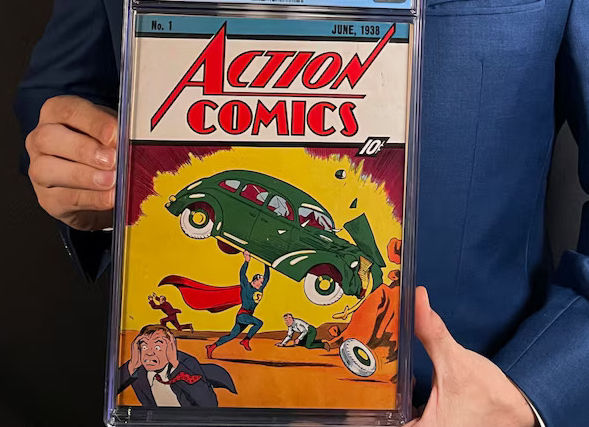Why You Should Leave Your Dead Leaves on The Ground
- Editor OGN Daily
- Oct 14, 2023
- 2 min read
Updated: Nov 12, 2024
When autumn leaves descend into your garden, as they surely will, there are lots of good reasons for just leaving them there. From providing a habitat for wildlife to helping create fertile new soil, your fallen tree leaves can have surprising environmental benefits.

Whilst fallen leaves are commonly considered an eyesore, they enable a thriving microcosm of biodiversity by serving as a cover for the world's most species-rich habitat: soil. The soil beneath our feet hosts more than half of all life on Earth, and beneath piles of leaves, twigs, and bark, a variety of creatures flourish, from small reptiles such as salamanders and frogs to invertebrates like snails, earthworms, and spiders.
When invertebrates consume leaf matter, they break it up into smaller pieces. Then, tandem forces of bacteria and fungi decompose these pieces and convert them into valuable nutrients such as nitrogen, calcium, and sulfur that helps feed trees and other plants.
Those natural processes help replenish the soil and contribute to the life cycle as dead plant matter transforms into sustenance for living plants. Although damp, rotting leaves can look rather stagnant, in reality a microscopic world of activity teems beneath the foliage.
You may be thinking: But what about my precious lawn? Sue Barton, a plant and soil scientist at the University of Delaware, has three suggestions. Rake the leaves off and into your flower beds because letting the leaf litter cover the lawn doesn’t allow light to penetrate and prevents the lawn from photosynthesizing. To avoid leaves fully covering your lawn, you could use a mulching mower to cut the leaves into small pieces.
Doing this, says Barton, “improves the quality of the soil, so the plants that are growing in that area have more nutrients to take up. They'll have a looser, more open soil with better soil structure. That promotes better root growth, which of course, promotes healthier plants.”
Another option is composting the leaves. You can compost your leaves and then put it back on your lawn or around your plants.
More Than Half of All Life Dwells in Soil: New research shows that 59 percent - double what was previously thought - lives beneath our feet. Dig in...



